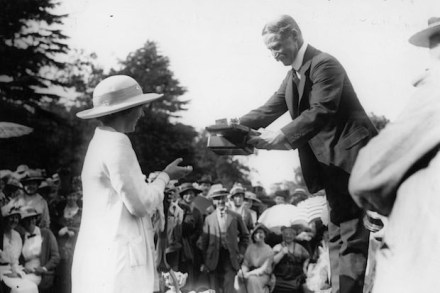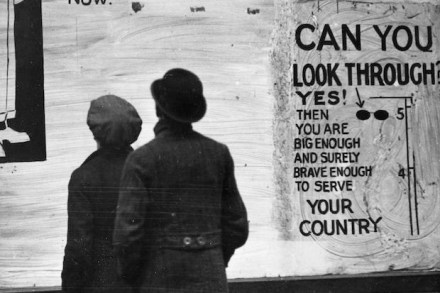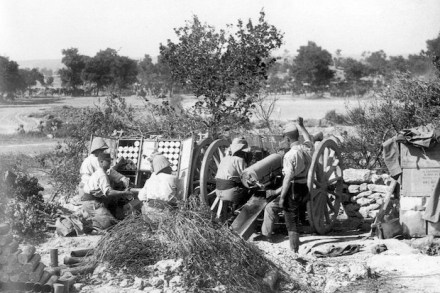Please

‘My zebra chase footage got more than 100 likes.’

Silencing students Sir: The Stepford Students (22 November) are nothing new. The NUS-inspired ‘No Platform’ policy has been used to ban anything that student radicals don’t like since at least the 1970s — usually Christians, pro-life groups or Israel sympathisers. It should not be in the power of the narrow-minded activists of the student union
Dear Santas A £22.50 a head Christmas theme park in Warwickshire designed by Laurence Llewelyn-Bowen closed temporarily for improvements after visitors complained of mud, a skinny, swearing Father Christmas and elves who stood around smoking. What do you get when you take your children to see Santa? Prices for family of four: — £20 Santa
An official end to the Cold War was declared at a summit between President George H. Bush and Mikhail Gorbachev on a Soviet cruise ship moored at Malta on 2 December 1989. It is only a matter of time before western governments will have to admit that it has recommenced. While the rhetoric against Islamic


Home Theresa May, the Home Secretary, spent a few days announcing things. She broadcast on the Andrew Marr Show on television and then on Desert Island Discs. She said Britain was ‘unlikely’ to meet a target of reducing net immigration to the tens of thousands, because EU migration had ‘blown us off course’. Regarding child


From The Spectator, 28 November 1914: If the press is to be muzzled, why do not the muzzling laws hold good in Ireland? It is against all common-sense to place Ireland in a privileged position — to give roving licences to any Irishmen who care to kill recruiting. Men have been arrested in England for

From ‘Sedition in Ireland’, The Spectator, 28 November 1914: If the press is to be muzzled, why do not the muzzling laws hold good in Ireland? It is against all common-sense to place Ireland in a privileged position — to give roving licences to any Irishmen who care to kill recruiting. Men have been arrested
From The Spectator, 28 November 1914: After discipline and rifle shooting comes entrenching. We suggest, as a practical proposal, that every corps should practise its men at least once a week in trench digging. There ought to be no difficulty even in towns in inducing some patriotic man to lend them a piece of ground

From The Spectator, 28 November 1914: In the Commons on Monday Mr. Wedgwood, who has served with the Naval Division in Belgium, asked for instructions as to what civilians were to do in the event of invasion. Were they to hand over their weapons to an appointed authority, or keep them and use them? The

From The Spectator, 21 November 1914: Both at home and abroad this war has already caused us to wonder whether we wake or dream, so different in many respects are the events from the anticipations. To begin with, there is a matter in which the Spectator has a particular reason for being sensible of the

From The Spectator, 21 November 1914: No English writer knows more of German ways than Mr. Dawson, and his large book upon public administration in towns is a mass of information. It is his misfortune to have produced it at a moment when Englishmen are not likely to be eagerly receptive of the German methods

From The Spectator, 21 November 1914: The papers of Tuesday and Wednesday contained two exceptionally interesting despatches from an eyewitness at Sir John French’s headquarters. These descriptive narratives have improved remarkably in value since the beginning of the war—a fact which does not seem to be in the least appreciated by some newspapers. The despatch

‘Is this one of those Christmas ad spectaculars?’

‘Samaritan here — yeah, thanks, I’m good.’



‘Are we there yet?’
‘We must have got the date wrong. This isn’t the teddy bears’ picnic.’